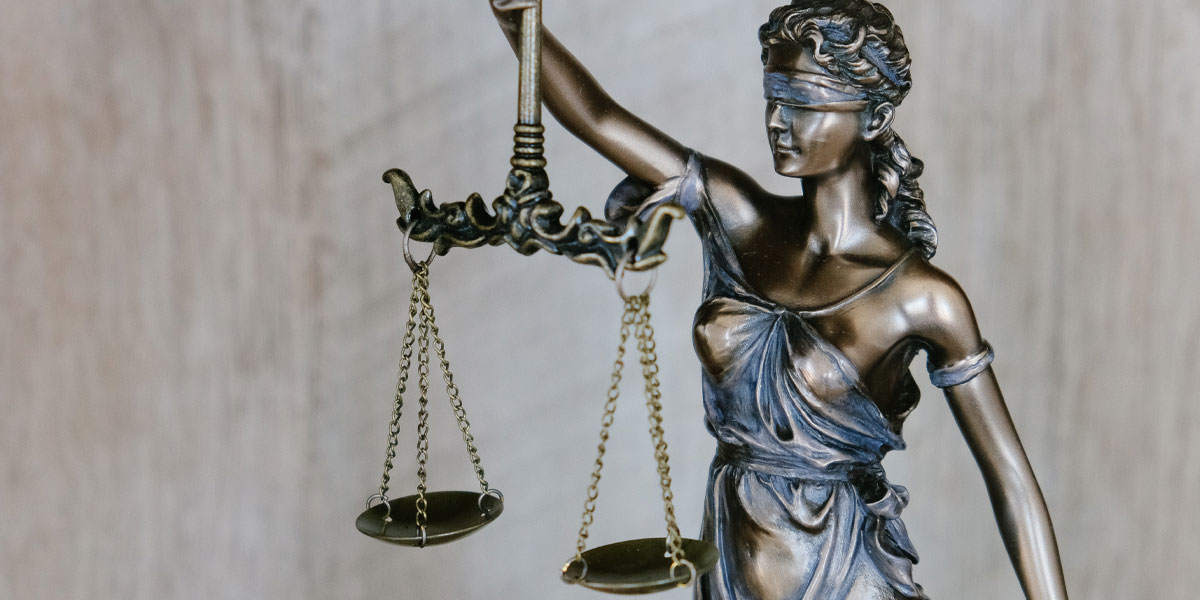Navigating Chapter 7 Bankruptcy in New York
As you grapple with overwhelming debt and seek a fresh financial start, Chapter 7 bankruptcy may offer a solution. This comprehensive guide will walk you through the fundamental aspects of Chapter 7 bankruptcy in New York, encompassing eligibility requirements, the filing process, exemptions, and the potential impact on your financial future. Let’s delve into this important topic.
Understanding Chapter 7 Bankruptcy
Chapter 7 bankruptcy, also known as liquidation bankruptcy, empowers individuals and businesses to discharge unsecured debts and begin anew. In this process, a trustee is appointed to collect and sell non-exempt assets to distribute the proceeds to creditors, while exempt assets are safeguarded.
Benefits of Chapter 7 Bankruptcy in New York
Filing for Chapter 7 bankruptcy in New York offers several key advantages that can substantially improve your financial situation. These include:
Debt Discharge: Chapter 7 bankruptcy enables the discharge of most unsecured debts, such as credit card debt, medical bills, and personal loans, providing a fresh financial start.
Automatic Stay: Upon filing for Chapter 7 bankruptcy, an automatic stay is implemented, pausing collection actions, creditor harassment, wage garnishment, and foreclosure proceedings.
Asset Protection: Numerous assets are safeguarded by exemptions, allowing you to retain vital possessions like your primary residence, vehicle, and essential personal belongings.
Quick Debt Resolution: Chapter 7 bankruptcy cases are typically resolved within a few months, thereby allowing you to move forward with your life and rebuild your finances.
Eligibility Criteria for Chapter 7 Bankruptcy
To file for Chapter 7 bankruptcy in New York, specific eligibility requirements must be met. These criteria include:
Means Test: This test evaluates whether your income falls below the median income for a household of similar size in New York. Passing this test makes you eligible to file for Chapter 7 bankruptcy.
Credit Counseling: Completion of a credit counseling course from an approved agency within 180 days before filing for bankruptcy is mandatory.
Prior Bankruptcy Discharges: If you have received a Chapter 7 bankruptcy discharge within the past eight years or a Chapter 13 discharge within the past six years, restrictions may apply to your ability to file for Chapter 7 bankruptcy.
The Chapter 7 Bankruptcy Filing Process
Filing for Chapter 7 bankruptcy in New York involves several essential steps:
-
Educate Yourself: Gain familiarity with the Chapter 7 bankruptcy process, laws, and regulations to have a clear understanding of what to expect.
-
Consult with an Attorney: Seek guidance from a knowledgeable bankruptcy attorney who can assess your financial situation and offer advice on the best course of action.
-
Gather Documents: Collect the necessary documents such as tax returns, pay stubs, and bank statements to complete the bankruptcy petition.
-
Complete the Bankruptcy Petition: Fill out the bankruptcy petition and other necessary forms, listing all your assets, liabilities, and income.
-
File the Bankruptcy Petition: Submit the bankruptcy petition and other required documents to the court.
-
Attend the Meeting of Creditors: Attend the meeting of creditors, during which the trustee will ask questions about your bankruptcy petition.
-
Receive Discharge: After the court approves your bankruptcy petition, you will receive a discharge of your unsecured debts.
Chapter 7 bankruptcy can provide a fresh financial start and help you move forward with your life. If you are contemplating filing for Chapter 7 bankruptcy in New York, it is crucial to comprehend the eligibility criteria, the filing process, and the potential benefits and drawbacks. We hope this thorough guide has equipped you with the knowledge you need to make an informed decision.




